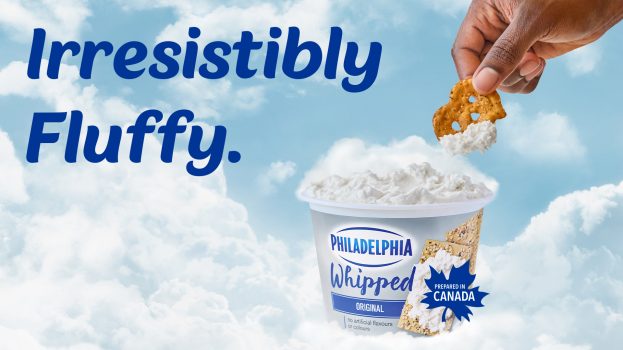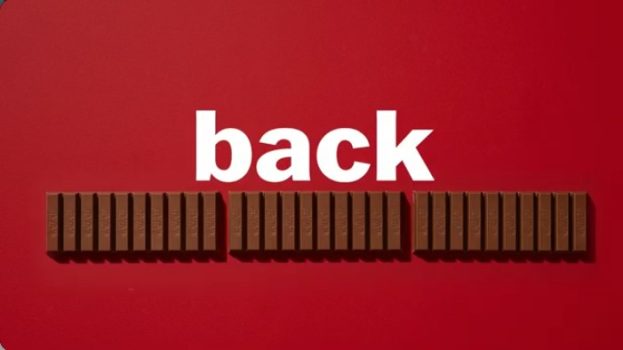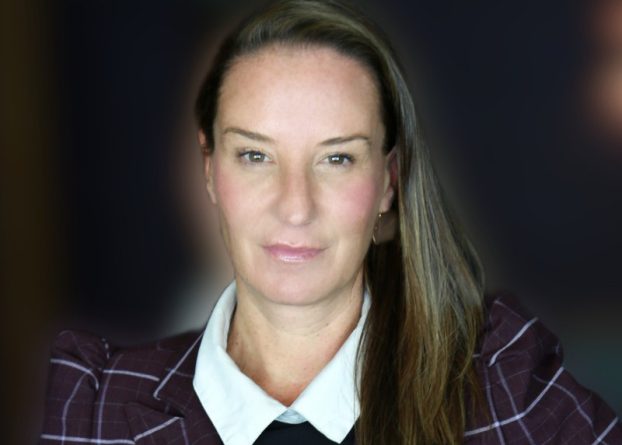Kraft Heinz revenue topped Wall Street forecasts for Q4, even with higher than expected broad-based inflation costs.
Organic revenue rose 3.9% globally during the quarter ended Dec. 31, with 3% rise in the U.S. and 3.4% in Canada.
The maker of Kraft Dinner, Classico, Philadelphia and Kool-Aid is, however, reporting a net sales decrease of 3.3% to $6.7 billion.
Miguel Patricio, CEO of Kraft Heinz, said the company has adapted to the new normal thus far, but – like other big CPGs – warned of the impact of inflation in the first half of the year.
“I’m personally very confident,” he says. That’s because the company has been relatively strong in terms of gross margins, despite inflationary pressures, which has allowed it to continue to invest in its brands.
In Q4, Patricio says Kraft-Heinz was able, even with constraints, to produce better and have more capacity. He adds that its promotion strategy performed better than expected, as it’s been renovating brands, driving disruption innovation and serving occasion-based solutions.
There are categories with new game plans, and “new creative ways in which we can deliver strong demand,” he says, and that Kraft Heinz has clear visibility of what needs to be done, and actions to back it up.
Patricio says it sees opportunities to service consumer demand in a stronger way. “We have big iconic brands that are growing quite a bit of share,” he says. The company also says food service channels are recovering and gaining share.
It’s strengthening the portfolio with divestitures, which is reducing its exposure to places where competition, including with private label, is high. It’s gone from 17% to 11% exposure, Patricio says. Looking forward, the company is look at ways it could continue to boost product quality while keeping costs low to give consumers exactly what they’re looking for. And, like previous quarters, it is investing in better creative and strong communications to be more relevant.
Net losses totaled $257.0 million, which the company attributes to the divestiture of its cheese business. In November, Kraft completed the sale of some assets in its global cheese business and certain trademarks to an affiliate of Groupe Lactalis for about $3.3 billion, including IP rights to several brands, including, among others, Cracker Barrel as well as the Cheez Whiz brand in the majority of countries outside of North America.
Kraft Heinz says it expects to deliver strong financial performance in 2022 and currently expects a low-single-digit percentage increase in 2022 in organic net sales versus the prior year period, reflecting “continued stronger consumption versus pre-pandemic levels.”























